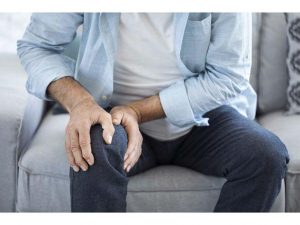
U.S. soldiers who suffer a moderate or severe traumatic brain injury (TBI) are more likely to suffer other mental health woes than those with other serious injuries, a new study finds. It also showed that the rate of mental health disorders among seriously injured soldiers is much higher than previously reported. “A central takeaway is that severe TBI is associated with a greater risk of mental health conditions — not just PTSD [post-traumatic stress disorder],” said lead investigator David Chin, an assistant professor of health policy and management at University of Massachusetts Amherst. “Our findings suggest that patients who are critically injured in combat and sustain severe TBIs have particularly high rates of mental health disorders,” Chin said in a university news release. He and his colleagues analyzed the records of nearly 5,000 U.S. military members — mostly from the Army or Marines — who were severely injured during combat in Iraq and Afghanistan between 2002 and 2011. Nearly a third suffered moderate or severe TBIs. Overall, 71% of the severely injured soldiers in the study were later diagnosed with at least one of five mental health conditions: post-traumatic stress disorder (PTSD), anxiety and mood disorders, adjustment reactions, schizophrenia and other psychotic disorders, and cognitive disorders. While previous research concluded that far fewer (42%) seriously injured combat soldiers were later diagnosed with mental health disorders,… read on >





































